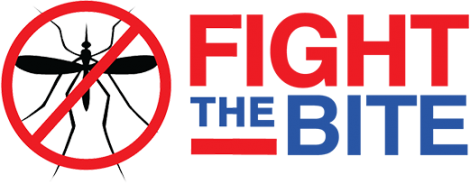Does Southwest Florida have a season for mosquitoes? Yes, and it lasts all year-round.
Our subtropical climate provides ample heat and water for mosquitoes, and with 42 species of the biters here, they can be found 12 months of the year. Occasionally we may experience temperatures that drop below 55 degrees, and we’ll see mosquito breeding decrease and they will find a place to hunker down until it warms up again. As soon as it warms up again, and summer rains provide abundant water puddles, their populations can soar, with eggs hatching into flying adults in only a week.
In the spring, high tides fill the coastal mangroves with water after the dry winter and old, dried mosquito eggs hatch when the water reaches them. These salt marsh mosquitoes make their annual appearance, with some flying up to 40 miles in search of a blood meal. Pre-treating those coastal areas with long-lasting larval control materials has become a standard part of Collier Mosquito Control District’s integrated mosquito management program.
Using helicopters, the District applies small granules (about the size of kitty litter) to coastal areas beginning in March. These granules dissolve in the water over the next 30 days, and when mosquito larvae eat it, they perish. The material is made of either Spinosad or Bacillus thuringiensis, subsp. Israelensis (Bti).
Both Spinosad and Bti – used in organic farming – are made from bacteria naturally found in soil. The bacteria affect the larvae of three larvae: mosquitoes, blackflies, and fungus gnats found in the water. Neither material poses a danger to humans, pets, fish, or plants, nor do they affect water quality.
During 2020, the District treated nearly 29,000 acres with Spinosad and Bti, providing an effective method of reducing mosquito populations. Want to know more? Check out this information from the EPA.


